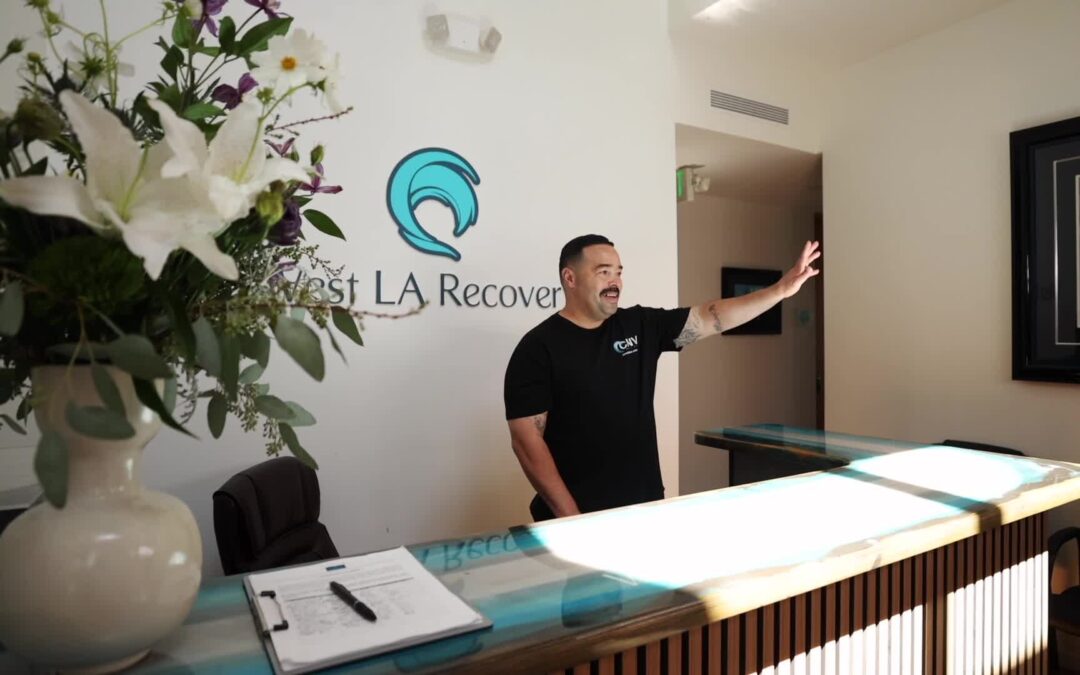What is Al-Anon?
Al-Anon Family Groups, often referred to simply as Al-Anon, are a global support network designed specifically for the families and friends of alcoholics. This support group for alcoholism emphasizes that while alcoholism directly affects the individual who drinks, it also profoundly impacts their loved ones, recognizing what is known as a family disease.
Alcoholism as a family disease suggests that its effects ripple through relationships and family dynamics. You might find yourself asking, “Should I go to Al-Anon?” If you are grappling with the emotional turmoil caused by someone else’s drinking, the answer could be yes.
The purpose of Al-Anon extends beyond just offering solace; it’s about fostering understanding and healing among those affected indirectly by alcoholism. By providing a confidential space where individuals can share experiences and gain insights from others in similar situations, Al-Anon helps participants rediscover their own needs.
The Al-Anon or al-anon, this community exists to support you through your journey with compassion and empathy. It encourages members to regain control over their lives without trying to change or control the alcoholic’s behavior.
Understanding the Philosophy of Al-Anon
Al-Anon’s philosophy is based on the Twelve Steps, which are adapted from Alcoholics Anonymous (AA). These steps offer a structured approach for individuals seeking personal growth and healing.
The Journey Begins: Acknowledging Unmanageability
The journey starts with recognizing that one’s life has become unmanageable due to the effects of alcoholism. This crucial first step lays the groundwork for further exploration and self-awareness.
Seeking Guidance: The Role of a Higher Power
The idea of a higher power is essential in these steps, encouraging members to look for guidance beyond themselves. It involves acknowledging a force or belief system that can provide strength and clarity during difficult times.
Reflecting on Personal Behaviors: Conducting a Moral Inventory
An important part of Al-Anon’s Twelve Steps is taking a moral inventory. This process requires deep reflection on personal actions, attitudes, and relationships. It promotes honesty with oneself and others, creating an environment where healing can take place.
Staying Committed: Key Elements of Growth
Key aspects such as admitting wrongs, making amends, and ongoing personal assessment ensure that members stay dedicated to their growth journey. By going through these steps, individuals not only find relief from emotional pain but also acquire the skills needed to rebuild their lives with strength and optimism.
Understanding what are the 12 steps of Al-Anon provides insight into how personal transformation unfolds within this supportive community.
The Importance of Detachment with Love in Al-Anon
Detachment with love is a core principle in Al-Anon, offering a pathway to healthier relationships with those affected by alcoholism. This approach emphasizes the need to care for oneself while maintaining compassion for the alcoholic. By practicing detachment with love, you learn to recognize and prioritize your own needs without being consumed by another’s struggles.
This concept helps in avoiding enabling behaviors, which often stem from the desire to help but can inadvertently perpetuate the cycle of addiction. Enabling may include covering up for an alcoholic’s actions or shouldering their responsibilities. Detachment encourages focusing on what you can control—your actions and responses—rather than attempting to change someone else.
Setting boundaries is essential in this process. Here are some strategies:
- Identify Your Limits: Clearly define what behaviors you can tolerate and which ones you cannot.
- Communicate Openly: Use “I” statements to express your feelings and needs without placing blame.
- Stand Firm: Consistently uphold your boundaries, even when it’s challenging.
Practicing detachment with love not only supports emotional well-being but also fosters a more respectful and balanced relationship dynamic. It allows you to support your loved one without losing yourself in the process.
Benefits and Types of Al-Anon Meetings Available
Attending Al-Anon meetings offers a host of benefits, primarily through emotional support. These gatherings provide a platform where individuals can share their experiences and find solace, knowing they are not alone in facing the challenges associated with loving someone who struggles with alcoholism. The shared stories often resonate deeply, fostering a sense of community and understanding that is central to healing.
Meetings are available in multiple formats to accommodate varying needs:
1. In-Person Meetings
These traditional settings offer face-to-face interaction, which many find crucial for building connections and receiving direct support. In-person meetings create an environment where attendees can engage more personally and feel the tangible presence of community support.
2. Online Meetings
With the rise of digital platforms, Al-Anon online meetings have become increasingly popular. These sessions provide flexibility, allowing individuals to attend from the comfort of their homes or while traveling. They are particularly beneficial for those who may have mobility issues or live in remote areas without easy access to physical meeting locations.
Having these options ensures that support for alcoholic families is accessible and adaptable to diverse circumstances, making it easier for individuals to integrate Al-Anon into their lives regardless of their location or schedule.
rt but also inspire personal growth and resilience. Whether you’re attending in-person or virtually, you’re invited to join this compassionate community and explore how shared stories can impact your healing journey.
Supporting Children through Alcoholism with Alateen and Overcoming Common Misconceptions About Al-Anon
Alateen offers a crucial lifeline for young individuals impacted by the alcoholism of family members. Recognizing that alcoholism is a family disease, Alateen provides a supportive environment where younger family members can share their experiences and emotions. By participating in Alateen, youths gain access to peer support and guidance, empowering them to cope with the challenges posed by living with alcohol-affected loved ones. It emphasizes the importance of understanding that one’s parents’ or siblings’ struggles do not define them.
Misunderstandings about the necessity of support often cloud perceptions of programs like Al-Anon and Alateen. Some believe that only those directly battling addiction require assistance; however, these programs serve as vital resources for those impacted indirectly. Engaging with these groups helps individuals understand they are not alone, fostering a sense of community and shared healing. This is particularly important considering the stigma and misconceptions surrounding alcoholism, which can deter families from seeking help.
Key highlights include:
- Alateen resources are tailored to meet the emotional needs of younger participants.
- Community meetings offer a safe space for sharing and learning from peers.
- Participation aids in breaking the cycle of secrecy and isolation often associated with familial alcoholism.
Furthermore, understanding the role of support groups like Al-Anon can be enlightening. These groups are not just for those battling addiction but also serve as essential support systems for families dealing with the repercussions of alcoholism. As highlighted in an interview with Dr. Kenneth Warren, Al-Anon provides valuable resources for families, helping them navigate the complexities of living with an alcoholic.
Debunking myths surrounding support groups can lead more families to seek out these beneficial resources. Encouraging open dialogue about the impact of alcoholism on families plays an essential role in promoting recovery and resilience.
Next Steps to Get Involved with Al-Anon and West LA Recovery Support Services
Taking the first step towards attending an Al-Anon meeting can be empowering. Visit the Al-Anon website to find local meetings and choose a format that suits your needs—whether in-person or online. For further assistance, reaching out to West LA Recovery provides access to additional support and information on addiction recovery services such as alcohol withdrawal symptoms, which can be challenging but understanding them is key. Engaging in these resources not only supports personal growth but also strengthens your ability to offer meaningful support to family members of alcoholics. For instance, learning how to support a loved one struggling with alcoholism can be invaluable. Embrace the journey of healing by connecting with these valuable communities today.







